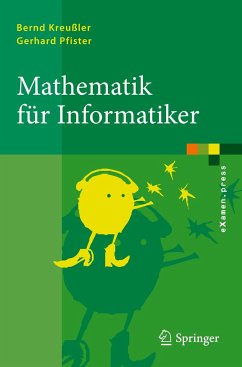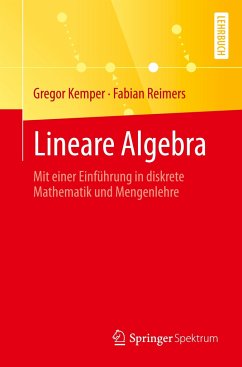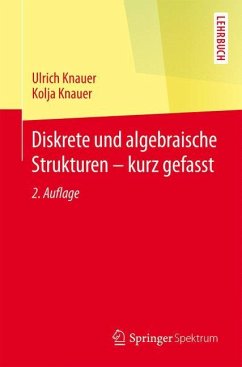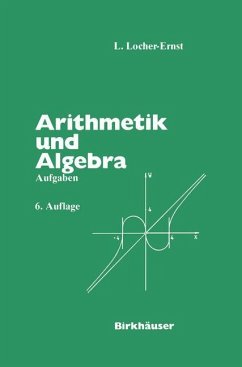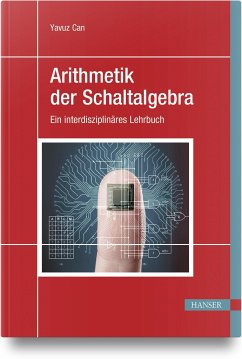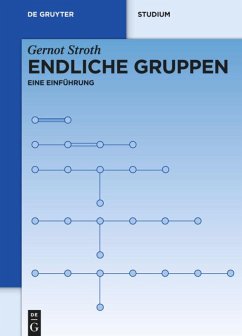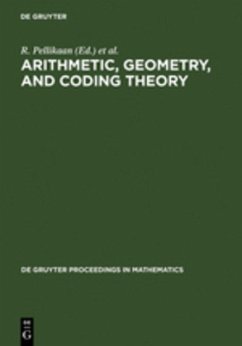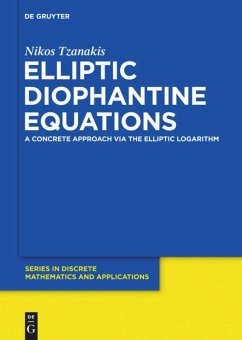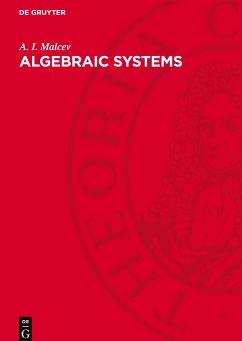Nicht lieferbar
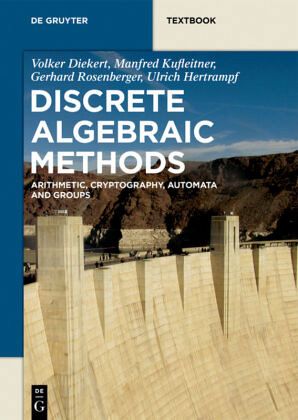
Discrete Algebraic Methods
Arithmetic, Cryptography, Automata and Groups
Mitarbeit: Diekert, Volker; Kufleitner, Manfred; Rosenberger, Gerhard
Versandkostenfrei!
Nicht lieferbar
Weitere Ausgaben:
The idea behind this book is to provide the mathematical foundations for assessing modern developments in the Information Age. It deepens and complements the basic concepts, but it also considers instructive and more advanced topics. The treatise starts with a general chapter on algebraic structures; this part provides all the necessary knowledge for the rest of the book. The next chapter gives a concise overview of cryptography. Chapter 3 on number theoretic algorithms is important for developping cryptosystems, Chapter 4 presents the deterministic primality test of Agrawal, Kayal, and Saxena...
The idea behind this book is to provide the mathematical foundations for assessing modern developments in the Information Age. It deepens and complements the basic concepts, but it also considers instructive and more advanced topics. The treatise starts with a general chapter on algebraic structures; this part provides all the necessary knowledge for the rest of the book. The next chapter gives a concise overview of cryptography. Chapter 3 on number theoretic algorithms is important for developping cryptosystems, Chapter 4 presents the deterministic primality test of Agrawal, Kayal, and Saxena. The account to elliptic curves again focuses on cryptographic applications and algorithms. With combinatorics on words and automata theory, the reader is introduced to two areas of theoretical computer science where semigroups play a fundamental role.The last chapter is devoted to combinatorial group theory and its connections to automata.
Contents:
Algebraic structures
Cryptography
Number theoretic algorithms
Polynomial time primality test
Elliptic curves
Combinatorics on words
Automata
Discrete infinite groups
Contents:
Algebraic structures
Cryptography
Number theoretic algorithms
Polynomial time primality test
Elliptic curves
Combinatorics on words
Automata
Discrete infinite groups





